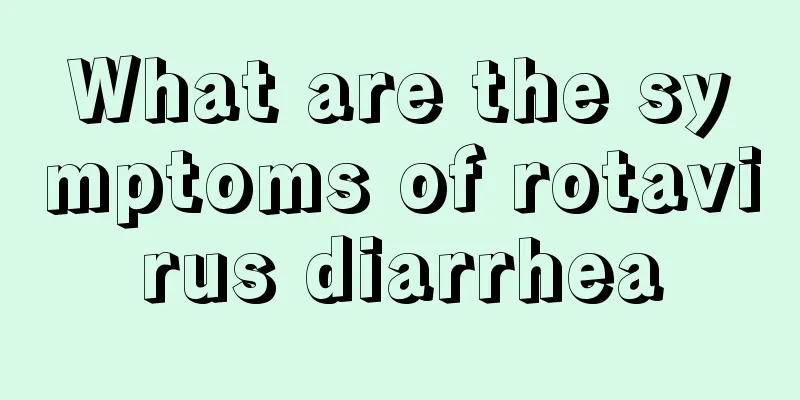The chance of complications from pituitary tumors

|
Pituitary tumor is a benign tumor that occurs in the pituitary gland. Currently, the treatment of pituitary tumor requires a combination of surgery, medication, and radiotherapy to be cured. Of course, some complications may occur after the current surgical treatment. Therefore, in order to improve everyone’s understanding of pituitary tumors, we need to understand what complications will occur after surgery and what the probability of these complications occurring in pituitary tumors is. Pituitary tumors are conscientious brain tumors. Complications include: 1. Decreased vision: In the early stages it may be caused by factors such as vascular spasm. 2. Nasal bleeding: It usually occurs after the removal of the gauze strips used for nasal packing after surgery, or a few days later. In mild cases, temporary placement of cotton balls in the nasal cavity can be effective. In severe cases (several hundred milliliters of bleeding), angiography is required. 3. Headache: It may be caused by multiple factors such as nasal mucosal edema and inflammation of the sphenoid sinus. 4. Hypopituitarism: manifested as fever, general weakness, headache, nausea, vomiting, loss of appetite, etc. 5. Diabetes insipidus: manifested by drinking more water and urinating more frequently. 6. Spinal fluid rhinorrhea: Clear water flows continuously from the nasal cavity, which worsens when lowering the head, accompanied by headache and possible fever. Severe cases require surgical repair. 7. Hyponatremia: It usually occurs 4 to 8 days after surgery, and manifests as low fever, weakness, headache, nausea, vomiting, and in severe cases, worsening of consciousness. 8. Nasal secretions: Nasal congestion often occurs within a few months after the operation, and a small amount of bloody secretions or cool liquids continuously flow out of the nasal cavity. The chances of complications can be roughly divided into: (1) Injury to the internal carotid artery (accounting for 0.4% to 1.4%) and cranial nerves (accounting for 0.4% to 1.9%), especially injury to the abducens nerve. (2) Pituitary damage, hypofunction or blindness. (3) Complications of the transsphenoidal approach and the sphenoid sinus: There may be nasal septum perforation (3.3% to 7.6%), numbness of the upper lip and teeth, nasal deformity, fractures of the maxilla, orbital bone, ethmoid bone, etc., sphenoid sinusitis (1% to 4%) or abscess. (4) Diabetes insipidus, which is usually transient. Therefore, patients should understand the chance of complications of pituitary tumors and take precautions in advance so as not to cause pain to the body. I wish you a speedy recovery. |
<<: What are the sequelae of pituitary tumors
>>: What are the complications of pituitary tumors?
Recommend
What are the surgical treatments for lung cancer? There are generally 5 types of surgical methods used to treat lung cancer
In people's lives, I believe that when we hea...
How many people want to know the secret recipe for quitting smoking?
Quitting smoking is an idea that many old smokers...
What are the precautions after cardiac membrane repair surgery
Cardiac membrane repair surgery is currently a re...
The beauty effects of Chinese Qigong
Qigong is very common. It not only exercises the ...
Treatment methods for peeling feet
In autumn and winter, many friends have experienc...
What can't you eat during laser tattoo removal
People's aesthetic standards today are very d...
How to make the body alkaline
Modern society is developing and progressing, but...
Can brain cancer be cured?
Can brain cancer be cured? Brain cancer refers to...
What are the symptoms of Yin deficiency and internal heat?
Yin deficiency and internal heat is a relatively ...
What should be checked for nasopharyngeal carcinoma
The examination of nasopharyngeal carcinoma is ma...
How many minutes do you usually spend brushing your teeth?
A healthy body is very important for everyone. We...
Symptoms of neurosis Six symptoms indicate
If the doctor tells you that you are mentally ill...
How many days will it take for external hemorrhoids to heal
When external hemorrhoids occur, patients usually...
What are the treatments for ovarian tumors?
According to experts, ovarian malignant tumor is ...
Can people with high blood pressure eat mulberries?
Patients with hypertension can eat mulberries in ...









